Key feedstock for innovative algal oil is dextrose, found in the cornfields of Nebraska
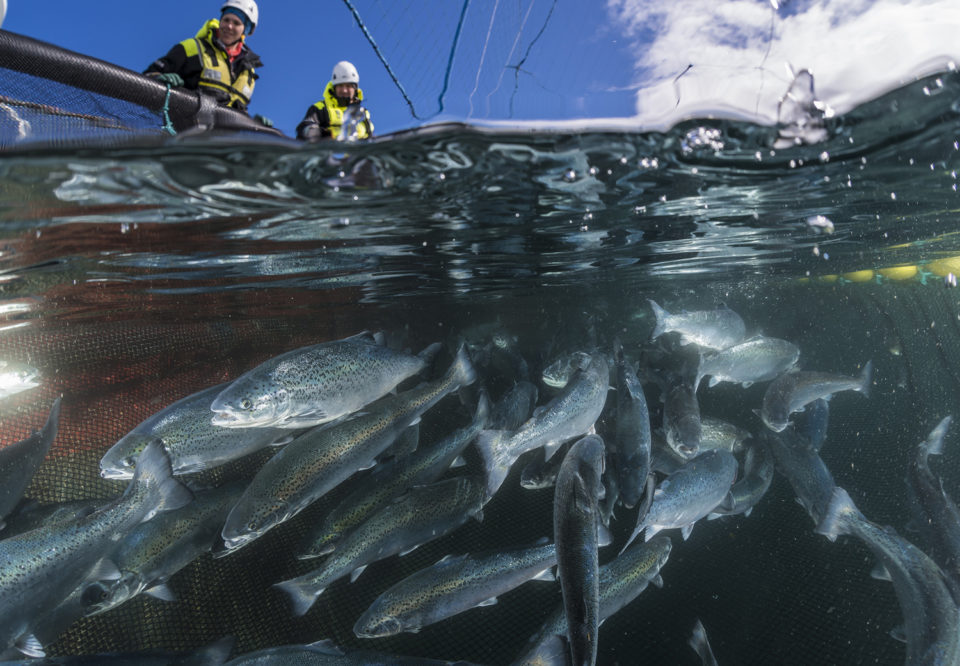
There is a worldwide search under way for omega-3 fatty acids.
As essential nutrients that can help to lower blood pressure, reduce triglycerides and promote a heart health, the benefits of omega-3s to humans are well known. But fish need omega-3s too, and the aquaculture industry has become one of the largest consumers of omega-3 fish oil, accounting for 81 percent of all usage as of 2009, using it in feed to supplement the nutrients that farmed fish aren’t getting from marine algae and other natural sources.
But there is a problem. The fish oil used in aquaculture today needs to be high-quality EPA and DHA from fishmeal, which comes from wild-caught fish. And there are only so many fish available in the world’s oceans to meet demand for aquaculture, which stands to grow in the coming years. That bottleneck is a threat to the long-term growth potential of the industry.
So a gold rush is on, and producers are getting creative.
Case in point: Researchers from the University of Stirling recently discovered that omega-3 fatty acids are created by marine invertebrates like corals and mollusks, upending the long-held assumption that marine microbes like microalgae are responsible for most omega-3 production. This finding alone stands to dramatically increase access to the nutrients, as these sources can eventually be tapped for commercial production.
Others are staying closer to home.

A startup called Veramaris is currently building a $200 million facility on the plains of Nebraska – yes, Nebraska – that, once completed and fully online by summer 2019, will be capable of producing as much as 15 percent of the total current annual demand for EPA and DHA for the salmon aquaculture industry.
The company, a joint venture of DSM and Evonik and headquartered in The Netherlands, has developed a new type of algal oil that can produce the omega-3s that farmed fish need without using wild-caught fish oil fish, instead drawing it directly from natural marine algae. Initial applications of the technology are in salmon aquaculture and pet food.
“In its current form I would say fish farming is unsustainable,” said Karim Kurmaly, CEO of Veramaris. “It requires the removal of millions of tons of fish stock from the world’s oceans, which is used to feed farmed fish, and if we continue with the growth of aquaculture and continue removing fish stocks from the sea it will lead to over-fishing, which in a sense will also destroy the biodiversity of our oceans.”
Currently, 16 million metric tons (MT) of wild fish are caught each year solely for use in fish oil and fishmeal. Veramaris’ new marine algal oil offers a way around this limitation, with an omega-3 oil that is rich enough for use in fish feed and can be produced at scale, without impacting wild fish stocks.
“This will have a huge positive impact on the global fish farming industry,” Kurmaly said, “because it allows for the continued growth of the aquaculture industry in an environmentally, socially and economically sustainable way. It can become independent of marine fish stocks and continue to grow farmed fish as a protein source in a truly sustainable manner, without necessarily depending on removing our fish stocks from the ocean.”
A growing need
As of 2009, the aquaculture industry was using 800,000 MT of fish oil annually, out of a global production of about 1 million MT per year. Given that EPA and DHA typically make up around 20 percent of pure fish oil, and another 8 percent of fishmeal, fish farming currently needs about 210,000 MT of EPA and DHA every year in order to sustain operations.
Veramaris’ algal oil is estimated to meet about 15 percent of the 121,000 MT annual need for salmon and trout production, or about 18,000 MT.
But why Nebraska?
Two reasons: The Veramaris process uses dextrose, made from corn, as its key feedstock, and Nebraska is nothing if not rich in corn. Secondly, Evonik already has a manufacturing facility in the area, allowing Veramaris to simply add its own equipment to that site and run its own production alongside the existing infrastructure and workforce.
“Ours is a fermentation process where we grow natural marine algae simply by adding dextrose and oxygen to it,” explained Frank Beissman, CFO of Veramaris. “We simply grow it until the fermentation has loaded to a certain degree, and then as you do it on a typical fermentation process, we move the batch into the next bigger fermenter and so on, until we have a decent-size batch. Then we stop the fermentation process and extract the oil out of the algae. That’s the product that we sell at the end.”
Quality and quantity
Veramaris is already producing algal oil in limited quantities for select industry partners at DSM’s facility in Kingstree, S.C., USA, and has received positive feedback from fish farmers who have long been limited by the seasonality and inconsistencies of natural products. As an industrial solution, the company’s oil offers the kind of availability and consistency that has to-date been difficult for the industry to achieve.
“Because we produce the algal oil in fermentation tanks that are strictly controlled, we have the ability to provide our customers a fully traceable, consistent quality omega-3 oil, free from contaminants, and of the same high quality, 365 days a year, 24/7,” Kurmaly said. “And they don’t get that with fish oil. Our solution not only protects the oceans and biodiversity, it simply is significantly better than fish oil, and even richer than fish oil in omega-3 fatty acids.”
There is also the fact that the amount of fish oil that can be extracted from fish feed has flatlined over the last seven to 10 years. Part of this is related to overfishing and part of it is related to climate change, both of which are limiting access to wild fish, but the fact remains that natural fish oil is not the best long-term solution for the industry, said Kurmaly. It is seasonally variable, contains varying amounts of omega-3s, and quality is not consistent.
Veramaris wants to address this need with a new solution that is better for the industry and the planet at the same time.
“What I can say is that a salmon has been produced on a zero fishmeal, zero fish oil diet, with all the properties of a normal salmon on the market today,” Kurmaly said. “But it will take leaders to move the entire industry in that direction. Is it possible? Yes, it’s been done. Do we need to do more? Definitely.”
Follow the Advocate on Twitter @GAA_Advocate
Now that you've reached the end of the article ...
… please consider supporting GSA’s mission to advance responsible seafood practices through education, advocacy and third-party assurances. The Advocate aims to document the evolution of responsible seafood practices and share the expansive knowledge of our vast network of contributors.
By becoming a Global Seafood Alliance member, you’re ensuring that all of the pre-competitive work we do through member benefits, resources and events can continue. Individual membership costs just $50 a year.
Not a GSA member? Join us.
Author
-
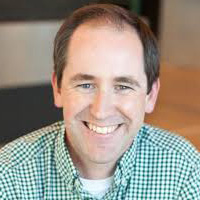
Tim Sprinkle
Tim Sprinkle is a writer based in Denver, Colo. His work has appeared in Wired, Outside and many other publications, and he is the author of the 2015 book, “Screw the Valley: A Coast-to-Coast Tour of America’s New Tech Startup Culture.”
Related Posts
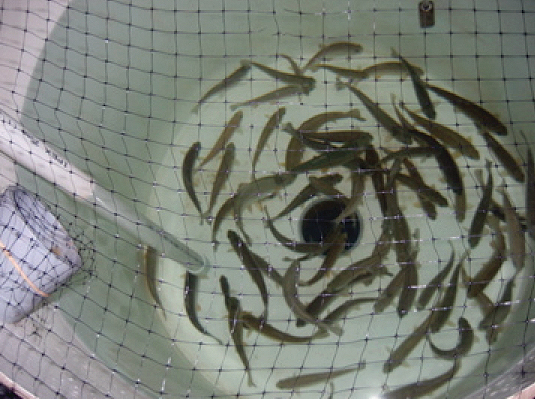
Health & Welfare
Algae shows promise as alternative DHA source in rainbow trout diets
A growth trial in Canada evaluated the use of algae biomass to increase the concentration of long-chain polyunsaturated fatty acids in the tissues of rainbow trout.
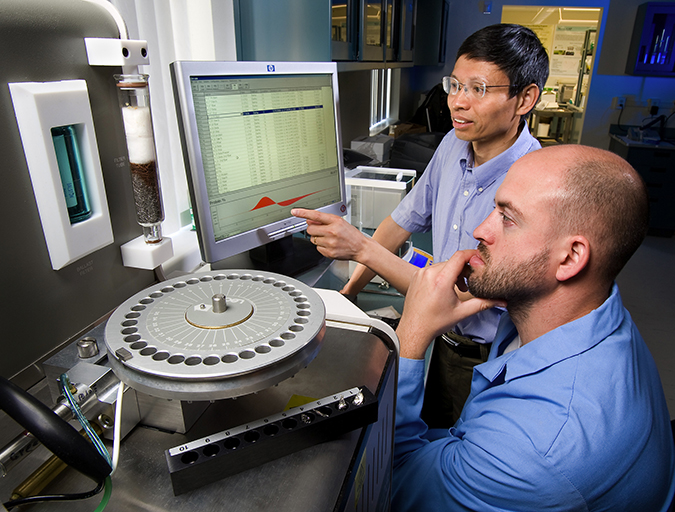
Aquafeeds
Alternative feed ingredient universe to convene at F3 meeting
What started out as a simple yet ambitious contest to drive innovation in the aquafeed sector has evolved into a fully global competition – and collaboration – amongst ingredient suppliers and feed manufacturers.
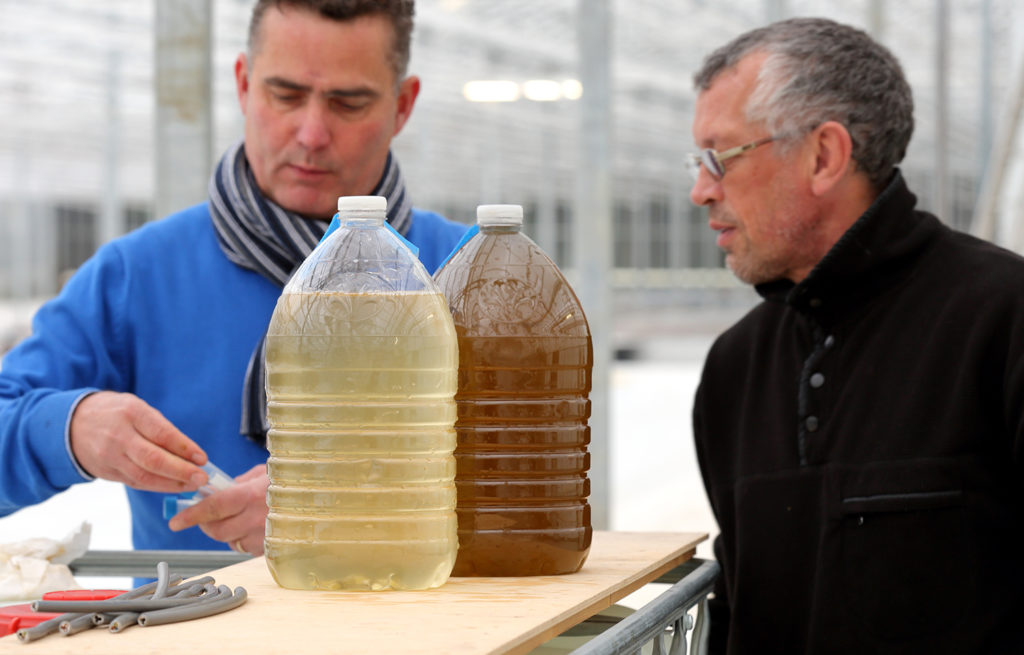
Innovation & Investment
Algae innovators aim to freeze out early-stage shrimp losses
A greenhouse in Belgium believes its innovative shrimp feed product, made from freeze-dried microalgae, packs the necessary nutrients for the crustacean’s most vulnerable life stage: the first three days of its life.
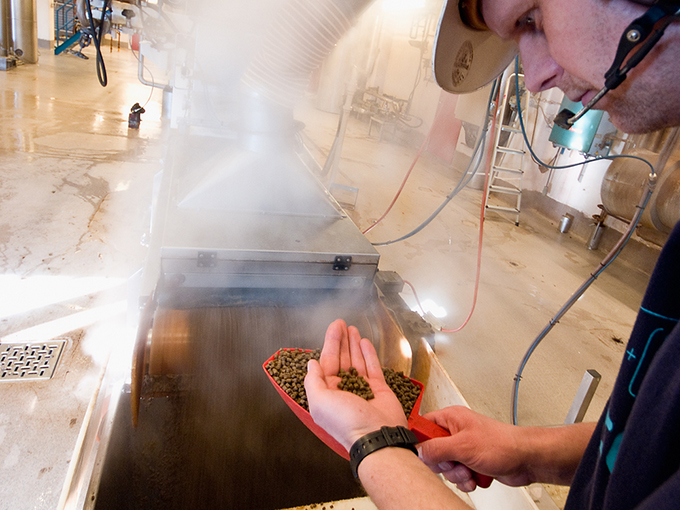
Aquafeeds
Is TerraVia Silicon Valley’s answer to sustainable seafood?
Like so many innovative solutions achieved in digital technology, a potential fix to aquaculture’s existential issue – the sustainability of feeds – was born in Silicon Valley. In a garage, no less.


